Beyond ExpulsionSTANFORD STUDIES IN JEWISH HISTORY AND CULTURE
EDITED BY Aron Rodrigue and Steven J. Zipperstein
Beyond Expulsion
Jews, Christians, and
Reformation Strasbourg
Debra Kaplan
Stanford University Press
Stanford, California
2011 by Debra Kaplan.
All rights reserved.
No part of this book may be reproduced or transmitted in any form or by any means, electronic or mechanical, including photocopying and recording, or in any information storage or retrieval system without the prior written permission of Stanford University Press.
Printed in the United States of America on acid-free, archival-quality paper
Library of Congress Cataloging-in-Publication Data
Kaplan, Debra.
Beyond expulsion : Jews, Christians, and Reformation Strasbourg / Debra Kaplan.
p. cm.
Includes bibliographical references and index.
ISBN 978-0-8047-7442-0 (cloth : alk. paper)
1. JewsFranceStrasbourgHistory16th century. 2. JewsFranceStrasbourgHistory17th century. 3. Strasbourg (France)Ethnic relationsHistory16th century. 4. Strasbourg (France)Ethnic relationsHistory17th century. 5. Strasbourg (France)Church history16th century. 6. Strasbourg (France)Church history17th century. 7. JudaismRelationsChristianity.
8. Christianity and other religionsJudaism. 9. ReformationFranceStrasbourg.
I. Title.
DS135.F85S775 2011
305.8924044395409031dc22
2010035570
Typeset by Bruce Lundquist in 10.5/14 Galliard
E-book ISBN: 978-0-8047-7905-0
 Szyje Heschel Kofman
Szyje Heschel Kofman Gitel Feith Kofman
Gitel Feith Kofman Elias Kofman
Elias Kofman Mina Kofman
Mina KofmanIllustrations
Acknowledgments
This book is the product of many years of work, and I am grateful for the opportunity to thank everyone who helped me along the way. The initial project was directed by Thomas Max Safley and David B. Ruderman. I thank them for their support, their confidence in me, and for all I learned from them. Tom taught me a love of the archives, and guided me with the palaeographic skills that prevented me from getting lost in a maze of documents. Davids critiques, always given with wit and humor, pushed me to find the voices of Jews that werent preserved in the archives. I was truly blessed to study at the University of Pennsylvania, and I benefited tremendously from some of my teachers there, including E. Ann Matter, Ora Limor, and Israel Yuval. Lee Wandels early comments attuned me to the nuances of Strasbourg as a border city. Elisheva Carlebach has served as a mentor, teacher, and friend, and it was her guidance that facilitated each step of the transformation from dissertation to book. I thank Ted Fram for his thoughtful insights, which pushed me to see what was different and new about early modern rural Jewry. Magda Teters insistence on the importance of narrative helped me refine my ideas and articulate them clearly. I am grateful to Gabriele Jancke and to Claudia Ulbrich for their insights on selbstzeugnissen. Stephen Burnett has graciously shared his seemingly unlimited knowledge of Christian Hebraism with me. Thanks to Erika Rummel and Milton Kooistra for sharing their work on Wolfgang Capito with me prior to its publication, which enhanced this work. Several colleagues at Yeshiva have provided both moral and substantive support to me throughout this process. To my friends, especially on the fifth floor of Belfer Hall, thank you for listening. Thanks go to my editors at Stanford University Press for their assistance with the book manuscript.
Rabbi Ren and Mrs. Sara Gutman of Strasbourg helped me begin to adjust to life in a new city. I also thank the Goetschel and Unterman families for their hospitality and friendship. Professor Jean Daltroff and Dr. Andr-Marc Haarscher were supportive and interested in my project. Above all, Dr. Jacob and Mrs. Perla Amsellem and their wonderful family truly made Strasbourg a home away from home for me.
I was lucky to work in many excellent archives and libraries. In the municipal archives in Strasbourg, I was primarily assisted by M. Franois Schwicker, and his thorough inventory of AMS Series III/174 was an invaluable research tool. Thanks also to M. Jean-Yves Marriotte and M. Benot Jordan. M. Daniel Peter and Mme. Marie-Ange Glasgen kindly assisted me in the Archives Dpartementales du Bas-Rhin. The librarians at the Bibliothque nationale et universitaire de Strasbourg, and at both the Rare Book Room and the Dorot Jewish Division of the New York Public Library, were extremely kind. I am indebted to the terrific library staff at Yeshiva University.
Throughout the years, various foundations supported my work. Fellowships from the Jacob K. Javits Foundation and the Woodrow Wilson Foundation (through a Charlotte W. Newcombe Fellowship) supported me as I worked on the dissertation. One of my early trips to Strasbourg was funded by a Fritz Halbers Fellowship, sponsored by the Leo Baeck Institute in New York and the Deutscher Akademischer Austausch Dienst. Revisions to the manuscript were made as I held the Rose and Morris Danzig Postdoctoral Fellowship at Queens College, CUNY, where I truly benefited from the wisdom of Benny Kraut. I was able to procure new materials thanks to a Bernadotte Schmidt grant from the American Historical Association. I completed the book manuscript as a Fellow in Jerusalem through the Yad haNadiv/Beracha Foundation. Additional funding for this book and for the artwork was granted from the Dr. Kenneth Chelst Book Fund at Yeshiva College, and I thank Dr. Chelst and the college administration for their support.
My family continues to be the most important source of support for me. I thank my parents for their encouragement, and single out my mother for her patience in reading my work. I thank my sister Cindy for her technical and bibliographic help. My children Avishai and Noam are inspirations in their own right. And most of all, to my husband Donny, thank you for your unwavering support, your patience, your editing, and, most of all, for your willingness to learn more about Josel, Asher, and Wolfgang Capito than you ever imagined.
Note on Currency, Spelling, and Translations
Currency
Several currencies were used in the early modern Empire. To elucidate those currencies in use in Strasbourg:
Schilling = 12 Pfennig
Pfund Pfennig = 240 Pfennig (20 Schilling)
Gulden = 15 Batzen (also worth about half of a Strasbourg Pfund, or 10 Schilling)
Batzen = 4 Kreutzer
Reichstahler = 90 Kreutzer
Spelling
The variations inherent to early modern spelling are further complicated by Alsaces border location, since places and individuals often bear both French and German names. I have followed Tom Bradys system, described below. For some well-known locations, such as Strasbourg and Saverne, I have used the modern French spelling. For all other locations, I have used the older German names. I have also anglicized familiar names, such as Jacob, rather than using the German Jakob. I have referred to the head of the gymnasium by his French name, Jean Sturm, rather than Johann Sturm. Otherwise, I have spelled names according to the way they appeared most frequently in archival sources.


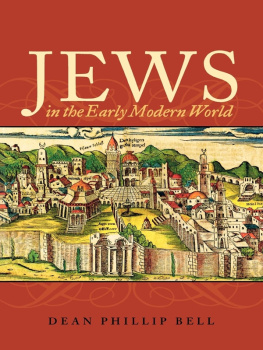
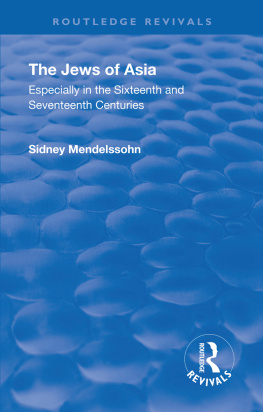
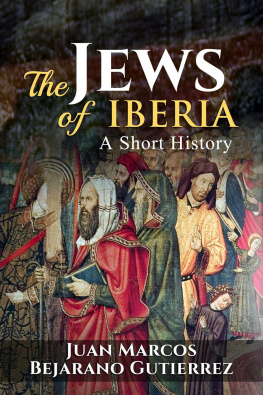
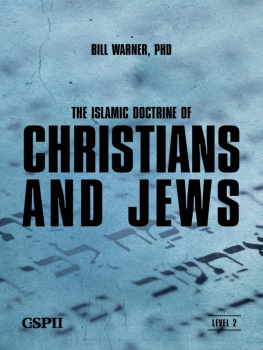
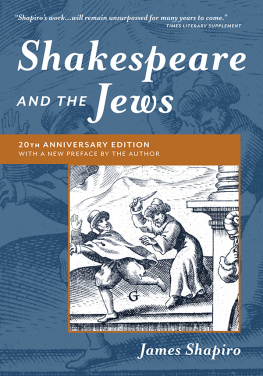
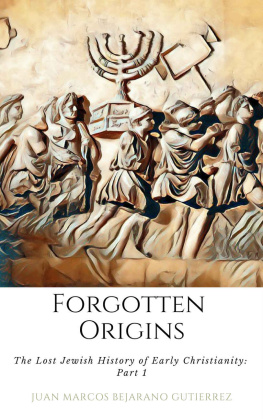

 Szyje Heschel Kofman
Szyje Heschel Kofman Gitel Feith Kofman
Gitel Feith Kofman Elias Kofman
Elias Kofman Mina Kofman
Mina Kofman